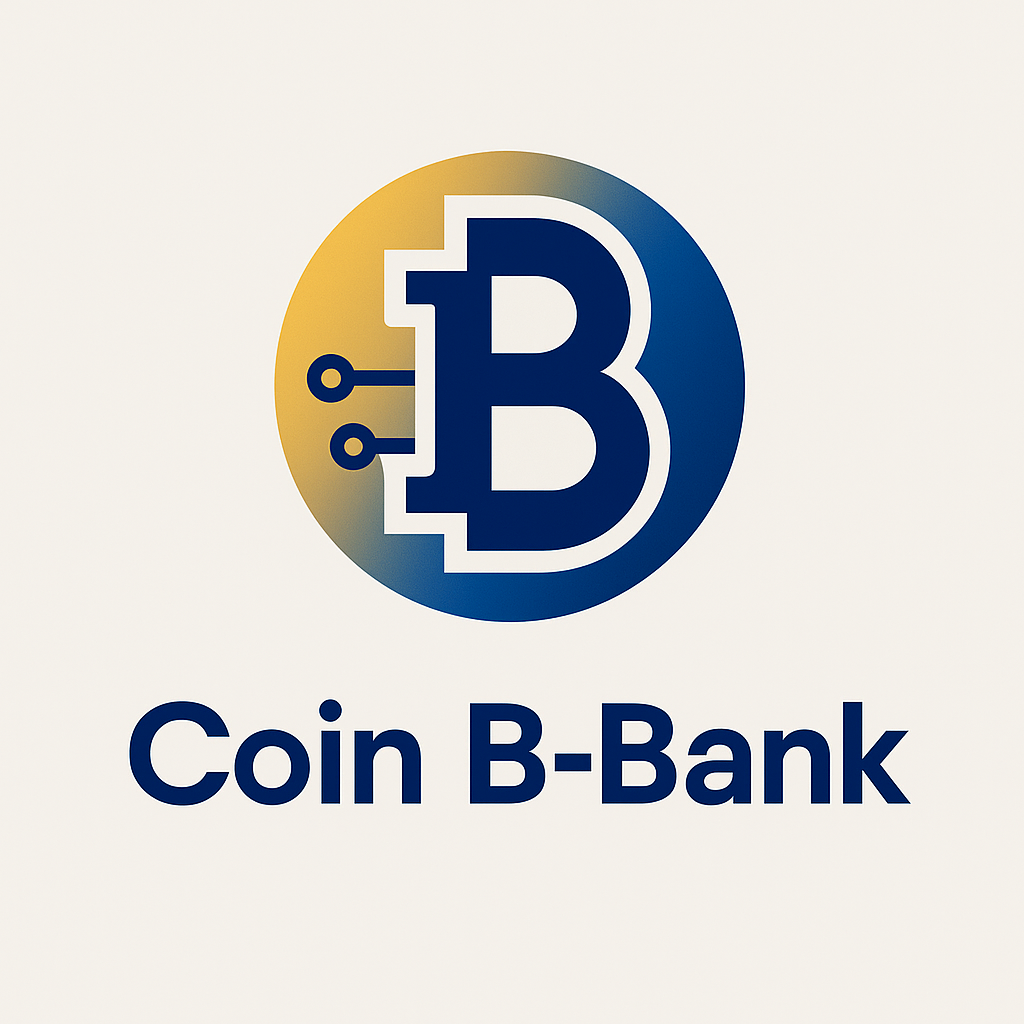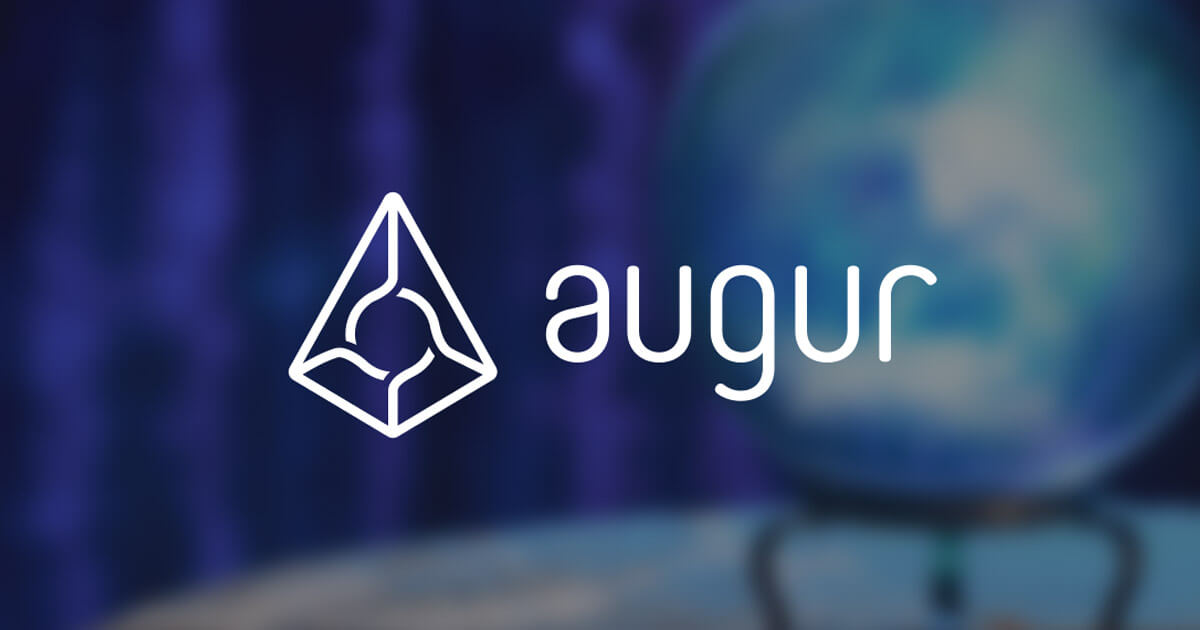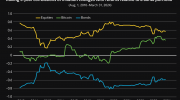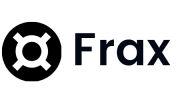In the evolving landscape of blockchain technology, decentralized applications (dApps) are making waves across various sectors. One of the most intriguing innovations is Augur, a decentralized prediction market platform built on the Ethereum blockchain. Augur allows users to create and trade on predictions about the future, tapping into the collective intelligence of its user base. This article explores how Augur works, its benefits, and the potential impact on various industries.
What is Augur?
Augur is a decentralized platform that enables users to forecast events and outcomes in a wide range of categories, including sports, politics, and finance. Unlike traditional prediction markets, Augur operates without a central authority, allowing users to make predictions, bet on outcomes, and report on results—all secured by smart contracts on the Ethereum blockchain.
The Core Components of Augur
- Reputation Token (REP): REP is the native token of the Augur platform. It is used to incentivize users to report on the outcomes of events accurately. Users stake their REP tokens when reporting, and their stakes can be lost if their reports are proven incorrect.
- Smart Contracts: Augur leverages Ethereum’s smart contracts to automate the processes of creating markets, placing bets, and settling outcomes. This ensures transparency and reduces the need for intermediaries.
- Market Creation: Users can create markets on any event they wish. Once a market is created, other users can place bets on the possible outcomes, creating a dynamic marketplace for predictions.
How Does Augur Work?
Augur operates through a few distinct phases:
- Market Creation: Users can create a market for a future event by defining the event details, possible outcomes, and market parameters.
- Trading: Once the market is live, users can buy and sell shares in different outcomes. The price of shares reflects the community’s consensus on the likelihood of each outcome.
- Outcome Reporting: After the event occurs, users with REP tokens can report the outcome. Accurate reports are rewarded, while inaccurate reports can lead to loss of tokens.
- Settlement: Once the outcome is determined and reported, the market is settled. Users who held shares in the correct outcome receive their payouts, while those who bet on incorrect outcomes lose their stakes.
Benefits of Using Augur
Augur offers several advantages over traditional prediction markets and betting platforms:
- Decentralization: By eliminating the need for intermediaries, Augur reduces fees and increases transparency. Users are in control of their funds and decisions.
- Global Accessibility: Anyone with an internet connection can participate in Augur, allowing for a diverse range of predictions from all around the world.
- Incentivized Accuracy: The use of REP tokens ensures that users have a vested interest in reporting outcomes accurately, leading to a more reliable market.
- Diverse Applications: Augur can be used for various applications, from forecasting sports outcomes to predicting market trends, elections, and more.
Challenges Facing Augur
Despite its innovative approach, Augur faces several challenges:
- User Adoption: Gaining widespread user adoption is crucial for the success of any prediction market, and Augur must compete with established platforms.
- Regulatory Issues: As a decentralized platform, Augur navigates a complex regulatory landscape in different jurisdictions, which can affect its operations.
- Market Manipulation: The platform is susceptible to manipulation, as users could potentially collude to influence market outcomes.
The Future of Augur and Decentralized Prediction Markets
The future of Augur and decentralized prediction markets looks promising. With the growing interest in blockchain technology and decentralized finance (DeFi), platforms like Augur can revolutionize how we predict outcomes and make decisions. As the user base expands and technology continues to improve, Augur could become a significant player in the prediction market space.
Augur represents a significant step forward in the evolution of prediction markets. By harnessing the power of decentralization, it empowers users to engage in forecasting events with a level of trust and transparency previously unseen in traditional systems. As more people embrace this innovative platform, the potential for Augur and similar projects will continue to grow, unlocking new possibilities in the world of decentralized finance.
For anyone interested in the future of predictions, Augur is a project worth watching.










